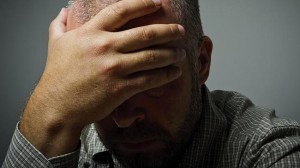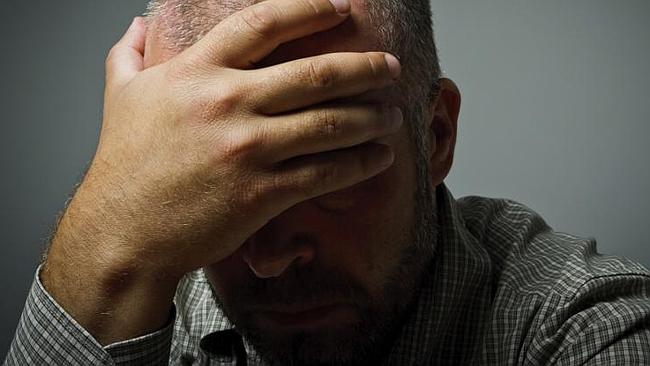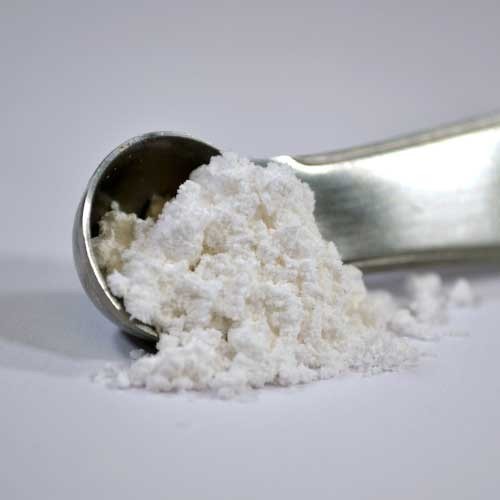
Older people become more physically vulnerable during bereavement, new research shows. That's because the balance of stress hormones during bereavement changes with age, British researchers say. As a result, older people who are grieving are more likely to have weakened immune systems and develop infections, the study found. “During the difficult weeks and months after loss, we can suffer from reduced neutrophil function. Neutrophils are the most abundant type of white blood cell and as such are essential at combating infections and illness, so we become vulnerable when this happens,” Dr. Anna Phillips, a reader in behavioral medicine at the University of Birmingham, said in a university news release. There is a link between neutrophil function and the balance of stress hormones, the study authors noted. Two stress hormones respond differently to grief with age: cortisol and dehydroepiandrosterone sulphate (DHEAS).
Experiencing the loss of a loved one takes a heavy toll on your emotional health, but it doesn’t stop there. The extreme stress that results during bereavement affects you physically, too, and can manifest as both chronic disease and acute illness.
Stress plays a major role in your immune system, and can impact your blood pressure, cholesterol levels, brain chemistry, blood sugar levels, and hormonal balance.
Older People More Likely to Have Weakened Immune Systems While Grieving
New research shows that older people are particularly at risk from weakened immune systems during the grieving process and are more likely to develop infections while grieving than younger people.
The disparity seems to be due to a balance of two stress hormones, cortisol and dehydroepiandrosterone sulphate (DHEAS), which respond differently to grief with age. In short, while the stress hormone cortisol is known to suppress the immune system, DHEAS is immune enhancing, so maintaining a relatively …
![]() In many ways, we live our lives through our important relationships. Our relationships define us and who we are; they become intimately intertwined into our sense of self (or self-concept) and are thus a living part of us. It is terribly painful to lose one of these key relationships, because with the loss of such an important relationship, we also lose an important part of ourselves. For this reason, grief is not something that happens ‘out there' in the world. Instead, it happens inside each grieving person's sense of self which is personally wounded and damaged by such losses. The work of grief is thus the personal work of healing and regrowing the sense of self. Grief ends when we have gotten past the acute need for the lost other person or thing in our lives and are able to function normally without them. This doesn't mean that we stop feeling sad when we think about older losses; it only means that we are no longer significantly crippled by them.
In many ways, we live our lives through our important relationships. Our relationships define us and who we are; they become intimately intertwined into our sense of self (or self-concept) and are thus a living part of us. It is terribly painful to lose one of these key relationships, because with the loss of such an important relationship, we also lose an important part of ourselves. For this reason, grief is not something that happens ‘out there' in the world. Instead, it happens inside each grieving person's sense of self which is personally wounded and damaged by such losses. The work of grief is thus the personal work of healing and regrowing the sense of self. Grief ends when we have gotten past the acute need for the lost other person or thing in our lives and are able to function normally without them. This doesn't mean that we stop feeling sad when we think about older losses; it only means that we are no longer significantly crippled by them.
Please Read this Article at Articles.Mercola.com





Leave a Reply